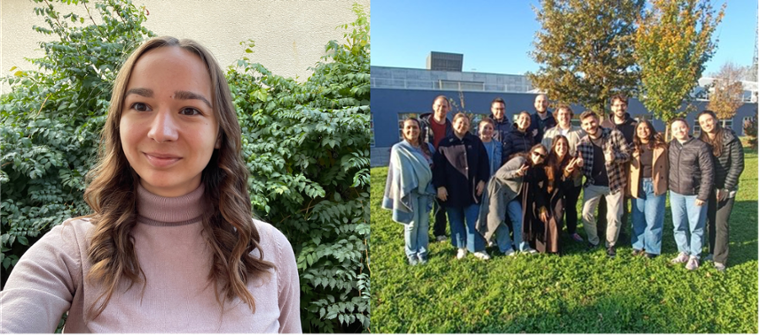FRONTIERS, an initiative funded by the European Research Council, invites applications from science journalists worldwide for immersive residencies at European research institutions. These residencies, spanning 3 to 5 months, offer unparalleled opportunities to delve into frontier research across diverse disciplines, including social sciences and humanities.
Universities and research centres conducting frontier research in any field of knowledge are welcome to participate in the programme, recognising the importance of independent science journalism for society and for science itself.
FRONTIERS is coordinated by NOVA and the Science, Communication, and Society Studies Centre at UPF is one of the project partners.
Four calls are envisaged in 2023-2026, supporting up to 40 fellowships (up to 10 in the first call), for a total funding available of 600,000 EUR.
* * *
Program Objectives
The FRONTIERS initiative aims to empower science journalists in bridging the gap between complex scientific discoveries and public understanding. As an essential link between scientific endeavors and society, journalists play a crucial role in communicating high-risk/high-reward frontier research responsibly and accurately.
By fostering independent journalism, this initiative wants to give journalists opportunities to learn and work on in-depth reporting projects by immersing themselves in the research environment and interacting with scientists and scholars. The main aims are to:
- Enhance journalists’ professional development
- Foster critical thinking and ethical reporting
- Bolster public trust in scientific institutions
- Promote curiosity about frontier research
- Strengthen mutual learning of scientists and journalists.
* * *
Benefits of participating
Selected journalists will embark on residencies at European research institutions, pursuing independent reporting ideas or delving into specific frontier research fields. Participants benefit from:
- Fellowship residencies of 3 to 5 months
- Unrestricted access to diverse research areas
- Networking and training activities
- Opportunities for cross-institutional experiences
- Independence and credibility in reporting
Recognised Researchers (stage 2 in the EURAXESS definition), PhD holders or equivalent, of any nationality complying with the MSCA-COFUND mobility rule. No seniority condition applies; however, candidates cannot hold a permanent position at the start of the fellowship.
Applicants are entirely free in the design of their research projects. However, they must indicate one or more of the programme’s Key Research Areas to characterise their project. All disciplines, including Science, Technology, Engineering and Mathematics, Social Sciences, and Humanities and Arts, are welcomed in connection with EUTOPIA-SIF Key Research Areas.
MSCA Mobility Rule: EUTOPIA-SIF fellows must not have resided or carried out their main activity (work, studies, etc.) in the selected primary host university country for more than 12 months in the three years before the call deadline.
* * *
Eligibility Criteria
For Journalists
For Host Institutions
Application procedure:
Candidates can apply for this call by visiting Frontiers website.
Application deadline:
25 September 2024 (17:00 CET)

